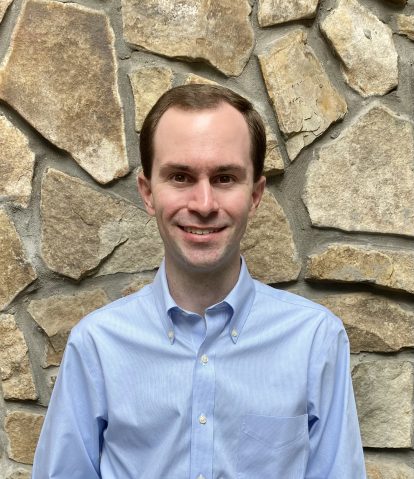Assistant professor Robert Billups (PhD Emory University, 2024) is a historian of race and ethnicity in the twentieth-century United States. He primarily researches American racial politics and violence after World War Two.
His book project, “‘Reign of Terror’: Anti–Civil Rights Terrorism in the United States, 1954–1976,” provides a new history of violence against the civil rights movement. With the help of digital tools, Robert analyzes nearly one thousand arsons and bombings directed against US civil rights activists and allies. He also studies far-right extremists in Europe, South Africa, and South America who copied the terror tactics used by radical segregationists in the American South. Robert argues that anti–civil rights terrorism, though concentrated in the US South, was a national phenomenon with international dimensions. Government efforts to stop anti–civil rights terrorists contributed to the federalization of US policing and fueled far-right hostility toward the federal government.
Robert has published peer-reviewed articles in the Journal of American History and the Journal of Southern History, as well as public-facing scholarship in the Washington Post. He is also the creator of “Dynamiting Houses of God,” a digital project that depicts white supremacist violence against US houses of worship between the 1950s and 1970s.
Robert is grateful to the Ambrose Monell Foundation, Baylor University’s Texas Collection and Wardlaw Fellowship Fund, the Bentley Historical Library, Duke University’s John Hope Franklin Research Center for African and African American History and Culture, the Gerald R. Ford Presidential Foundation, the Jacob Rader Marcus Center of the American Jewish Archives, the Jefferson Scholars Foundation, the John F. Kennedy Library Foundation, the LBJ Foundation, the Southern Baptist Historical Library & Archives, the University of Alabama’s Frances J. Summersell Center for the Study of the South, the University of North Texas Libraries, the University of Oklahoma’s Carl Albert Congressional Research and Studies Center, and Emory University’s Bill & Carol Fox Center for Humanistic Inquiry, Center for Digital Scholarship, and Tam Institute for Jewish Studies for supporting his scholarly agenda.
